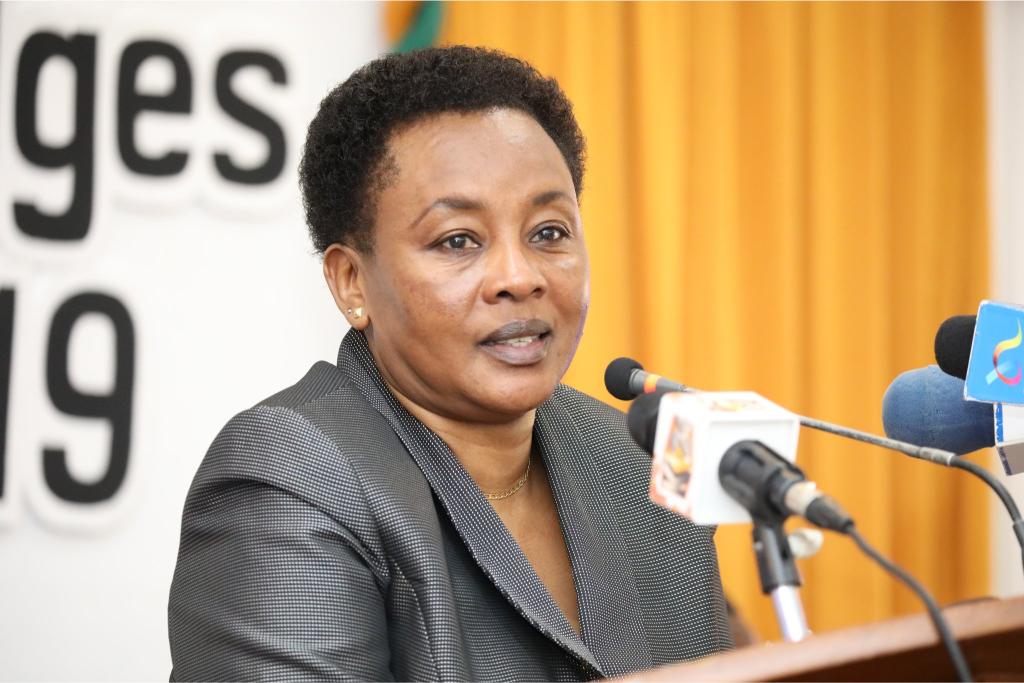The Court of Appeal is on the brink of delivering an important ruling regarding the powers of Deputy Chief Justice (DCJ) Philomena Mwilu to appoint and assign judges to a bench.
The judgment, expected today, centers on the impeachment of former Deputy President Rigathi Gachagua but has broader implications for several ongoing legal matters, including a politically sensitive case regarding the dissolution of Parliament.
The three-judge bench, led by Court of Appeal President Daniel Musinga, along with Judges Mumbi Ngugi and Fred Ochieng, will decide the fate of this case.
The core issue is whether the bench, which was appointed by DCJ Mwilu in October last year to hear a petition challenging the National Assembly’s impeachment process of Gachagua, was constitutionally formed.
DCJ Mwilu had empanelled Justices Eric Ogolla, Anthony Mrima, and Fridah Mugambi to hear the case, which aimed to assess the legality of Gachagua’s impeachment.
This case is being closely followed due to the involvement of two consolidated appeals filed by Gachagua and several others, including David Munyi Mathenge, Peter Kamotho, Grace Muthoni, Clement Muchiri, and Edwin Munene.
The appellants have challenged the High Court’s decision, which upheld DCJ Mwilu’s decision and refused to have the appointed judges recuse themselves.
The appellants argue that the Chief Justice alone has the constitutional mandate to appoint judges to benches.
They claim that DCJ Mwilu’s decision to empanel the bench exceeded her powers, rendering the High Court’s bench and its decisions invalid.
"The applicant contends that the ruling by the High Court is not only a misrepresentation of Article 165(4) of the Constitution but also a violation of Articles 25, 27, 47, 48, 50(1), and 260," stated Gachagua’s legal team.
"The Constitution reserves the power to appoint and assign judges solely to the Chief Justice. Therefore, the DCJ had no authority to constitute the bench that heard the impeachment case."
The appellants also argued that the High Court made an incorrect interpretation of the Constitution, particularly in terms of the Chief Justice’s administrative role.
However, the High Court had ruled that in the absence of the Chief Justice, the DCJ could assume certain administrative duties.
The court emphasized that the Constitution ensures the continuity of governance, even when the Chief Justice is unavailable.
"In line with the doctrine of continuity in governance, the drafters of our Constitution were deliberate in ensuring that administrative functions and application of constitutional provisions remain uninterrupted," the High Court stated.
The ruling is expected to have wider implications, particularly in the case involving former Chief Justice David Maraga’s 2020 advisory, which recommended the dissolution of Parliament for its failure to enact the two-thirds gender rule.
In this case, DCJ Mwilu appointed a five-judge bench led by Justice Lydia Achode, which included Justices George Odunga, James Makau, Anthony Ndung’u, and Pauline Nyamweya.
Some petitioners, including the National Assembly, Senate, and voters Leina Konchellah and Mohsen Munasar, raised concerns over the bench’s composition, arguing that the Chief Justice alone had the authority to empanel judges.
In an interesting twist, the National Assembly has supported DCJ Mwilu’s actions in the Gachagua case but contested her authority in the Parliament dissolution case.
The Court of Appeal’s ruling will not only address the question of DCJ Mwilu’s power to appoint judges but could also set a precedent for how internal judicial appointments are handled in the future.
